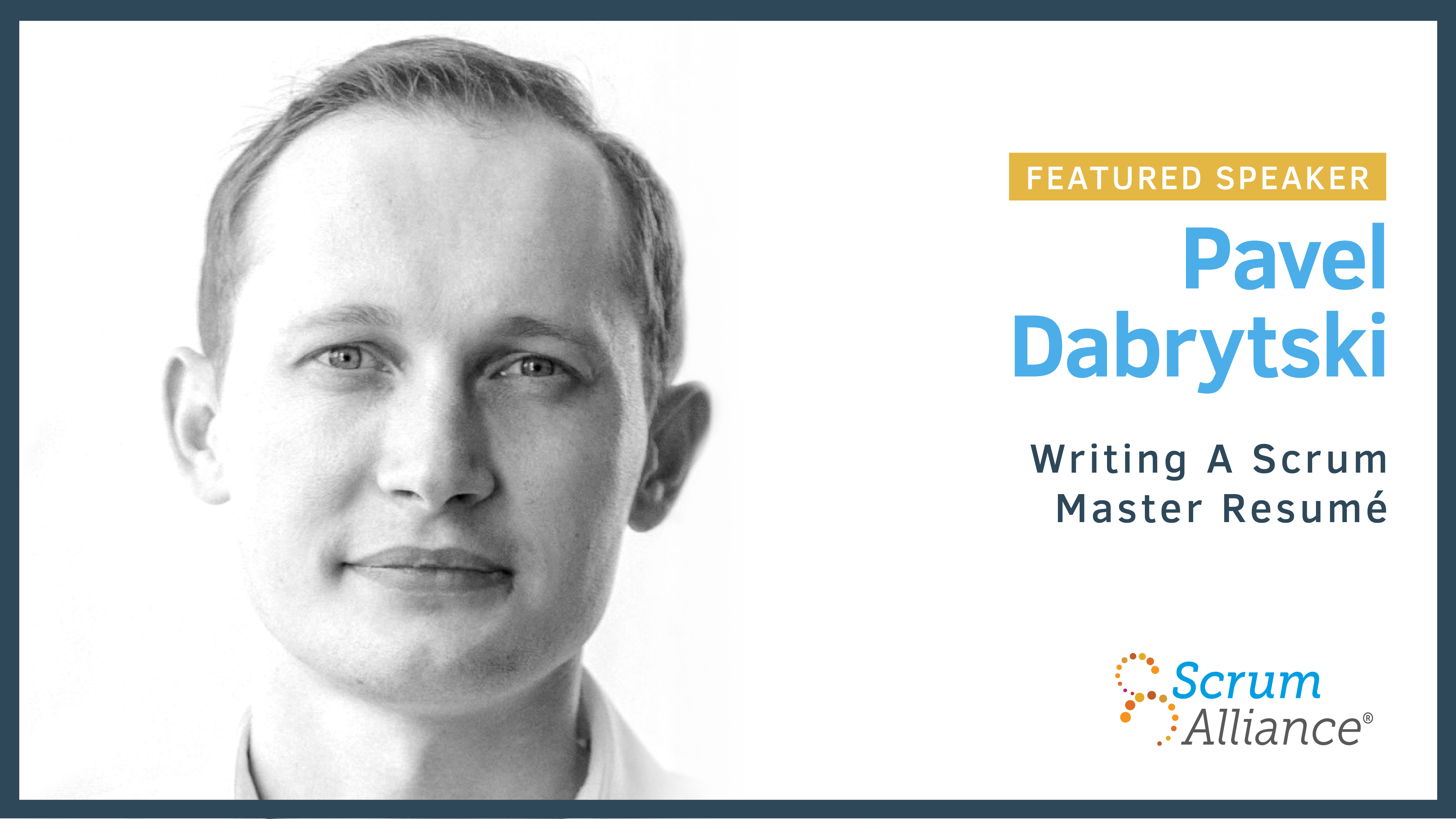Learn about purchasing for teams

So, you’ve finished your Certified ScrumMaster class and are fired up to work in a different way. You are looking for your first scrum master job but are finding out most places are looking for people that have a CSM and experience as a scrum master. So now what? How do you get experience before you get that first job?
I’ve been asked this question hundreds of times. Here’s what I typically recommend.
First, Find Your Passion
All of us have areas of our lives we are passionate about—causes we volunteer for perhaps, or hobbies that occupy our free time. Whatever wakes you up on a weekend morning and makes you want to donate your time is likely a great place to start. Then think to yourself: What if I applied the skills I just learned in a CSM course to help that passion project thrive? Brainstorm ways The Scrum Framework might help your favorite hobby or nonprofit work more smoothly. Then, lean into the scrum value of courage and ask how you might help.
Second, Use Your Passion
Scrum masters have helped churches plan big projects, homeschool groups to do team-based learning, animal shelters organize fundraising drives, and more. I highly recommend you find a way to use scrum to help others. But if you are struggling to find a cause that speaks to you, you can start by using scrum in your home and with your family. Recently my wife and I had both our boys getting married about three weeks apart. The sheer volume of tasks felt overwhelming. We created a simple ordered list and sticky note board, and worked on them in time-boxed sprints. This helped us complete the most important things first and reduced stress so we could focus on our sons’ big days.
Third, Share Your Passion.
No matter what you choose to do, don’t keep it to yourself. Start a journal and take photos to track progress over time. Create burndown charts and document before and after metrics. Why? Because you need to share what you accomplish: This is the experience those employers will be looking for. Add the volunteer experience to your CV and/orLinkedin, then blog about it. The more facets of a project you write about, the more experience you are showing to that potential employer.
Employers are looking for people not just with experience, but with passion about a new way of working, so much that it shapes their lives. Reading about how you worked with a non-profit and helped them with a huge annual project, or about how you helped your family plan a vacation using scrum, helps an employer know this isn’t just some job for you. They’ll know that you not only know what you’re doing as a scrum master, but why you are doing it. They’ll have evidence that you are looking at the world of work in a whole new way, and that you are now part of that mission to transform it.
Need More Help with Your Agile Career?
Check out these resources:
User Groups
Local user groups are a great way to network with other scrum masters and product owners in your area. Many also have ways to join remotely.
Find a user group near you.
Articles about Interviewing & Resumes
Scrum Master Interview Questions: How to Prepare
Agile Hiring
6 Ways to Prep for Your Next Interview
7 Ways to Bomb Your Next Interview
How to Write a Great Personal Statement
EBook
Putting Agile and Scrum to Work
Related Video
Video - Writing a Scrum Master Resumé
Unlock new opportunities with Scrum Alliance certification
Scrum Alliance certifications help you develop the mindset and skills to lead teams, deliver value, and drive meaningful change. Join a global community committed to making work more effective and empowering for everyone.










